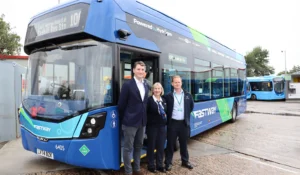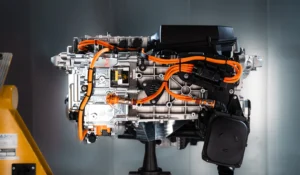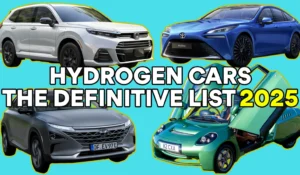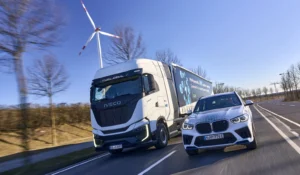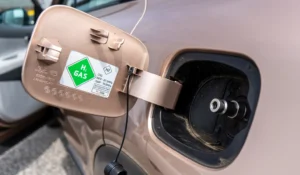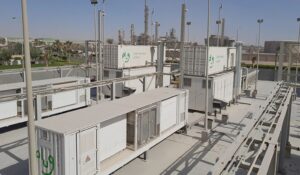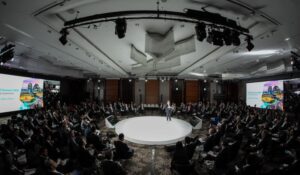Hydrogen buses: Daimler partners with H2 MOBILITY to build refuelling for city bus fleets
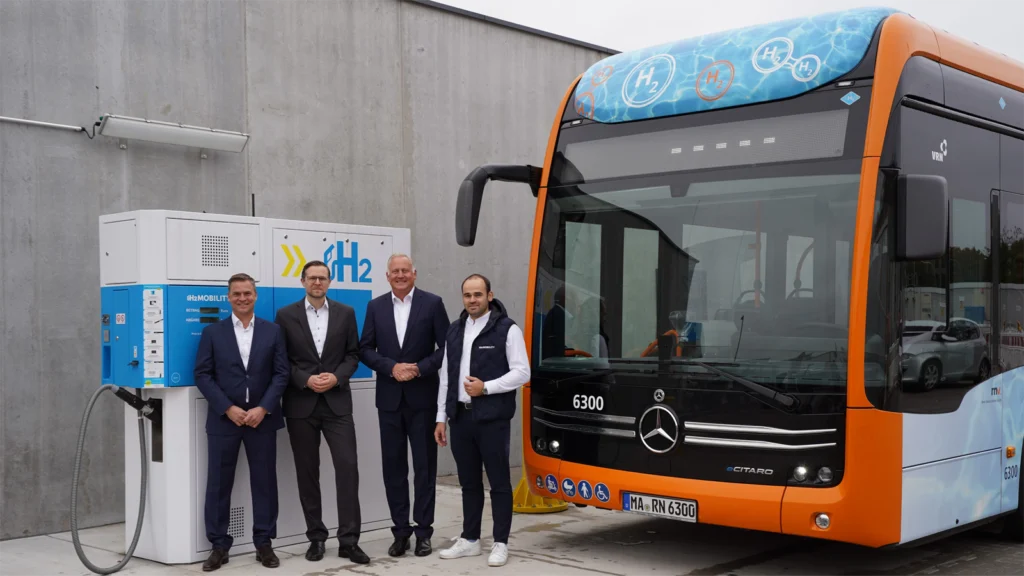
Daimler Truck and Bus is making it easier for city bus operators to switch to hydrogen, thanks to a new partnership with H2 MOBILITY.
The collaboration, announced this week, offers hydrogen refuelling solutions without the need for bus operators to invest in their own infrastructure, simplifying the transition to hydrogen-powered fleets.
Whether it’s tapping into H2 MOBILITY’s existing public hydrogen stations or setting up hydrogen dispensers directly at depots, Daimler is making hydrogen refuelling as straightforward as filling up at a regular petrol station.
Hydrogen without the headache
Hydrogen buses are a great solution for clean, efficient public transport – until you need to figure out where to refuel.
That’s the exact problem Daimler Buses is solving with this partnership.
H2 MOBILITY – Europe’s largest operator of public hydrogen filling stations – already has a network in place and is expanding even further.
The collaboration means that transportation companies won’t have to deal with the cost or complexity of installing hydrogen infrastructure themselves.
Mirko Sgodda, Daimler Buses’ Head of Marketing said: “For our eCitaro fuel cell bus, we wanted to make hydrogen refuelling as seamless as possible for our customers.
“Whether it’s through public hydrogen stations or a pump at their depot, our goal is to offer the best solutions for smooth operation.”
Since 2023, Daimler’s eCitaro bus has used a hydrogen-based fuel cell to extend its range beyond what a standard battery-electric bus can offer.
With H2 MOBILITY managing refuelling stations and operations, bus operators get to enjoy the benefits of hydrogen propulsion without worrying about the technicalities.
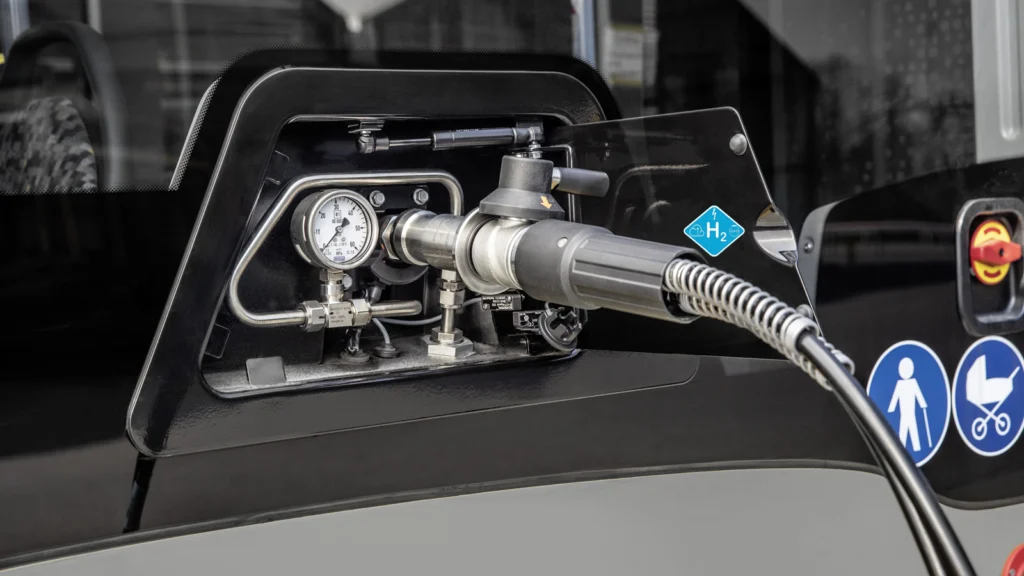
No up-front investment, just simple refuelling
The best part for bus operators? No hefty upfront investment.
H2 MOBILITY are taking care of the installation and ongoing operation of the hydrogen refuelling stations, allowing companies to focus on running their fleets.
Whether it’s installing dispensers at depots or using existing stations, the partnership delivers a solution that’s ready to go.
Falk Schulte-Wintrop, Director of Sales & Business Development at H2 MOBILITY, pointed out that this isn’t just a quick fix, but a well-planned approach, saying: “We are creating optimal solutions for hydrogen mobility in local and long-distance transport.
“By tapping into our public filling station network, companies benefit from cost savings and from our technical and operational expertise.”
H2 MOBILITY’s network currently comprises 34 stations in Germany, with plans to expand to over 50 stations by the end of the year.
For bus operators, this means more flexibility in refuelling, whether they’re running city routes or long-distance services.
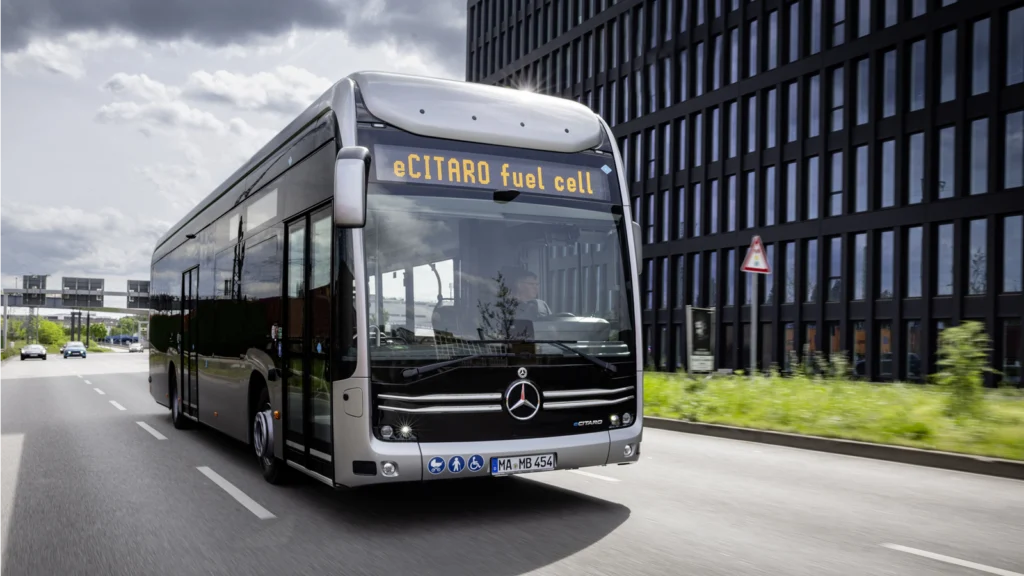
Future of hydrogen buses
This partnership fits neatly into Daimler Bus’ wider electrification strategy.
Since 2018, Daimler has been producing the purely battery-electric eCitaro, and the hydrogen-based range extender was added in 2023.
The company also plans to roll out a battery and hydrogen-powered long distance coaches by 2030.
By 2039, Daimler aims to offer only CO2-neutral buses across its entire product range, starting with city buses in Europe by 2030.
The partnership with H2 MOBILITY ensures that the infrastructure to support hydrogen buses will grow alongside vehicle development – therefore solving the chicken and the egg problem.
With hydrogen refuelling becoming easier and more accessible, the potential for hydrogen-powered public transport is fast expanding.
For city bus operators, the message is simple: hydrogen without the headache, thanks to a partnership that handles the heavy lifting.

